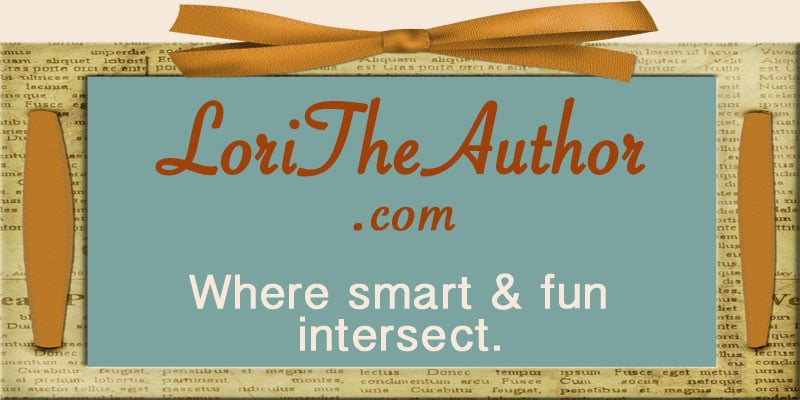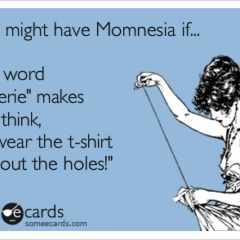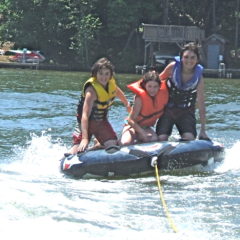Getting a puppy is a very exciting time. Perhaps you’ve been waiting for the time to be “right,” or maybe you just fell in love with a puppy at an adopt-a-thon.
Either way, once you get the puppy home, the realities of having one tend to set in rather quickly. Although they are adorable, sometimes snuggly, and very fun to play with, there are some things puppies do that can be rather exasperating… such as biting.
Yes, biting, biting, biting. Frequently, people wonder whether they somehow accidentally brought home a pet alligator instead of a pet dog! The kids are standing on top of the couch crying, your arms are so scratched up that your coworkers are asking whether things are okay at home, and the puppy is running around with glee looking for more mischief to get into.
While nipping is normal for a puppy, it doesn’t have to be accepted. By working with your puppy now and taking steps to redirect his biting to more appropriate items such as dog toys, you can soon have your pup keeping his teeth to himself.
Begin by making sure your puppy has plenty of dog toys to keep himself busy with. Never give your dog “people items” that you don’t want anymore, such as old slippers, because he will most likely think it’s okay to chew the new slippers too. Instead, get some dog toys meant for dogs and choose ones with different textures. A good variety will include dog stuffed animals, balls, rope toys, and sterilized natural bones.
Next, implement a little obedience training into your dog’s daily life. By teaching your dog some basic commands such as “sit,” “stay,” and “down,” you can earn his respect so he won’t feel like it’s okay to keep nipping when you say “no.” Working on some obedience also teaches your pet the meaning of “good dog.” Be sure to use that phrase whenever he does something good.
Whenever your puppy nips, tell him “no,” and then put a dog toy in his mouth. Follow with “good dog.” Make sure you keep the dog toy box in an easily accessible location and bring them from room to room when you take your puppy into other parts of your home.
Another helpful tip is to have a “special” dog toy, such as a rope toy which is kept in a cabinet or drawer most of the time. Let this be a special toy he only gets to play with when you’re interacting with him. This can help keep your puppy’s mouth off your arms and on the toy instead.
Last but not least, remember that a tired dog is a good dog. Give your puppy plenty of exercise to “burn off the sillies,” and he’s likely to be a little less charged up around the home.
With a little effort and a lot of patience, your puppy will soon learn to keep his teeth to himself!







